The Victorians
A popular unit of study in Key Stage 2 has in the past been the Victorians. It is possible to continue to study the Victorians through either a local study or through a unit of study beyond 1066, although the emphasis now shifts to the Victorians representing a turning point. Given that so much reform and industrial change took place during this period, turning points are not difficult to find. In this section, you will find articles and resources to help you to plan to teach the Victorian period as a turning point.
Sort by:
Date (Newest first) | Title A-Z
Show:
All |
Articles |
Podcasts |
Multipage Articles
-

Happy 200th birthday Florence Nightingale!
ArticleClick to view -
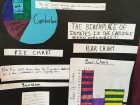
Making the most of a census
ArticleClick to view -

One of my favourite history places: Meldon Viaduct
ArticleClick to view -
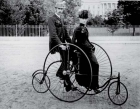
Riding along on my pushbike… exploring transport in EYFS
ArticleClick to view -

Three first-class ladies – teaching significant individuals in Key Stage 1
ArticleClick to view -

Resources for courses: ideas for your history curriculum
ArticleClick to view -

Women in parliament since 1918
ArticleClick to view -
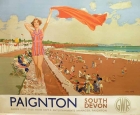
How can old advertisements be used in the primary classroom?
ArticleClick to view -

One of my favourite history places: Bournville
ArticleClick to view -
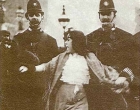
Dora Thewlis: Mill girl activist
ArticleClick to view -

Using the back cover image: Moustache cup
ArticleClick to view -

One of my favourite history places: Saltaire
ArticleClick to view -

Using the back cover image: Exploring the collections of Victorian naturalists
ArticleClick to view -

Your Local Railway: a local history investigation in Key Stage 2
ArticleClick to view -
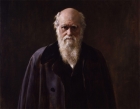
Significant Individuals: Charles Darwin
ArticleClick to view -

Scheme of Work: Thematic study - Education
ArticleClick to view -
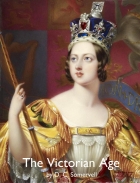
The Victorian Age
ArticleClick to view -
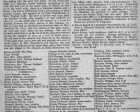
What can you do with a Victorian Trade Directory…?
ArticleClick to view -

Poverty in Britain: A development study for Key Stage 2
ArticleClick to view -
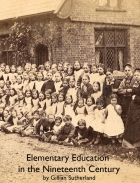
Elementary Education in the Nineteenth Century
ArticleClick to view

